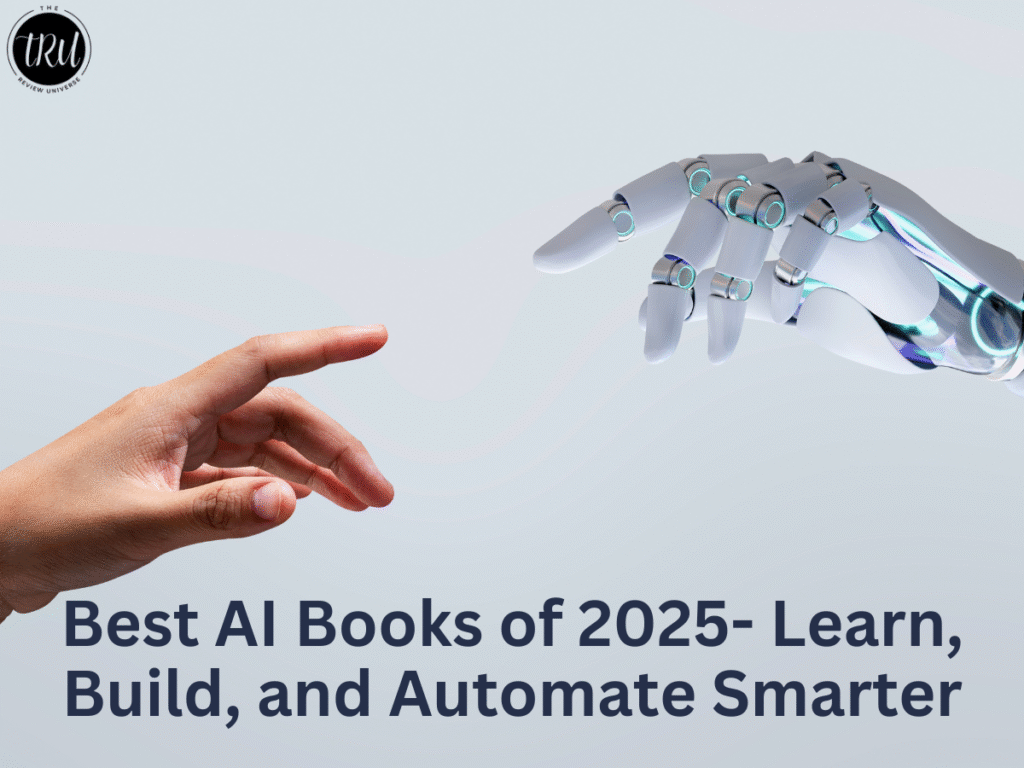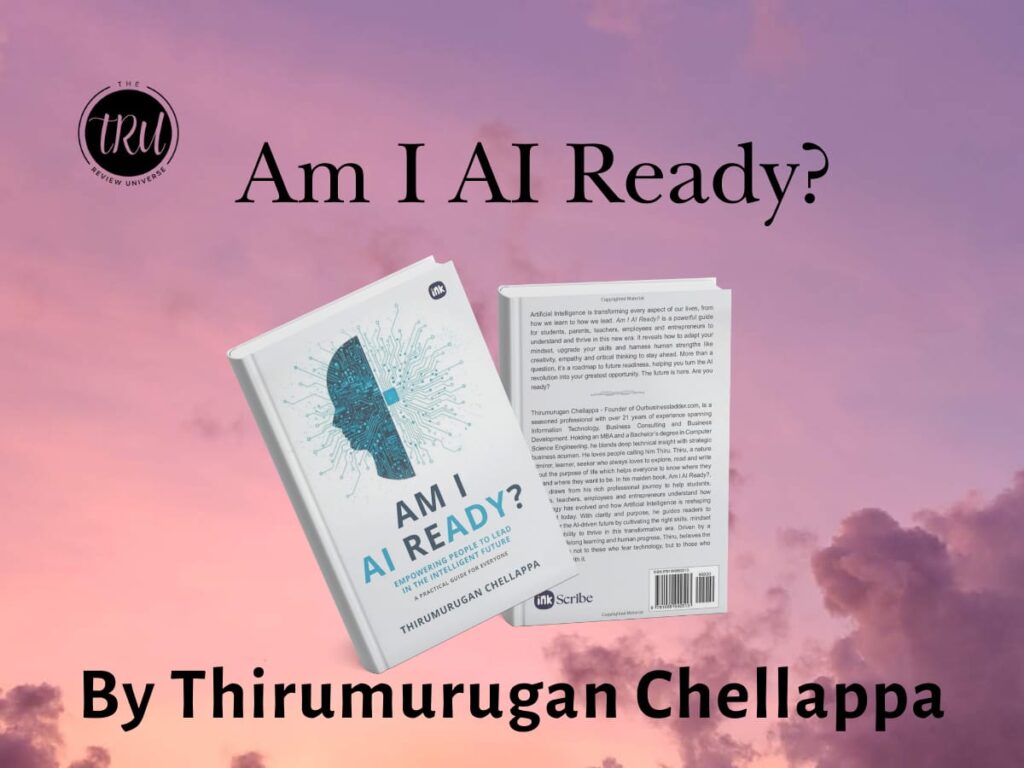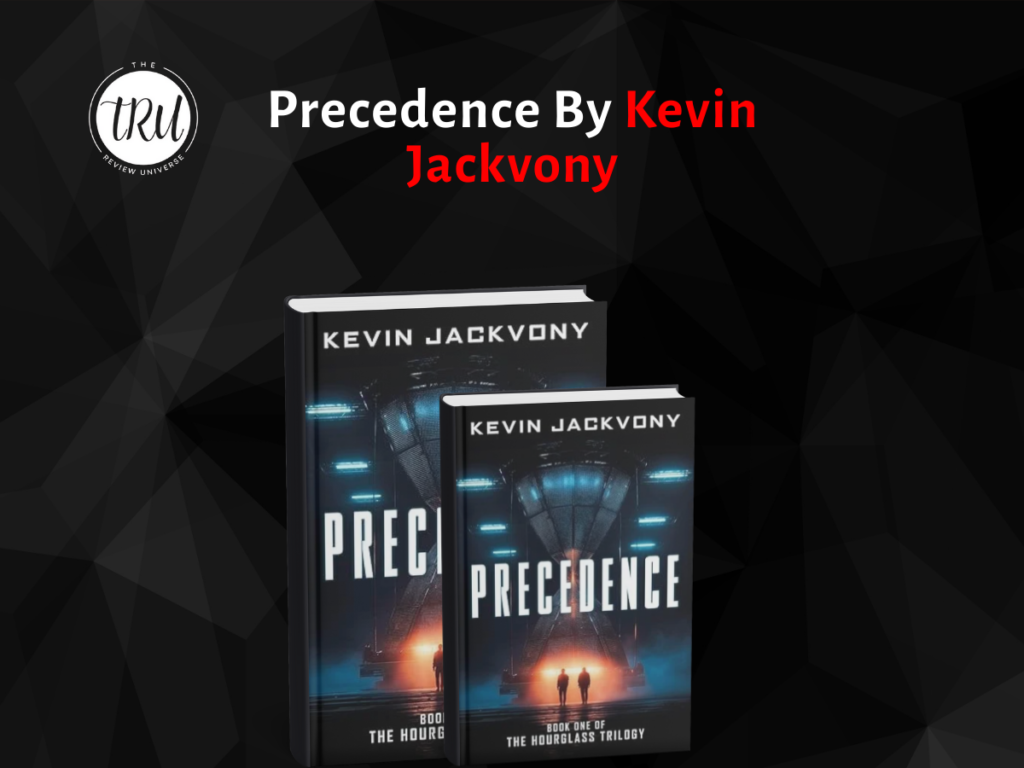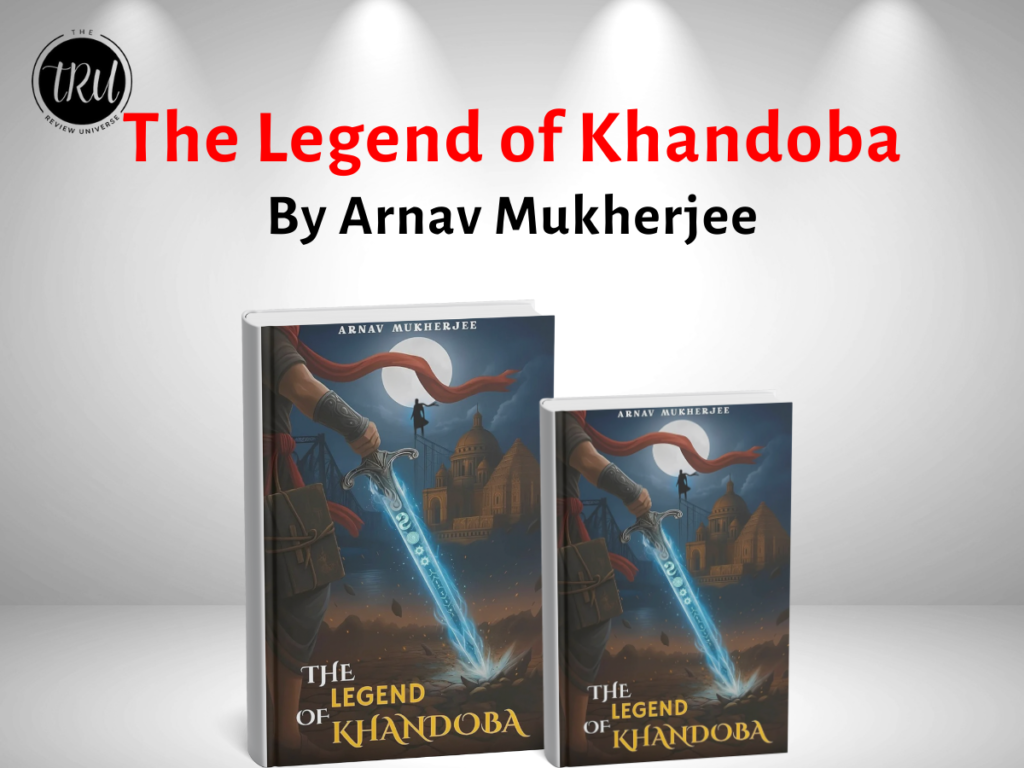
1. Artificial Intelligence: A Modern Approach – Peter Norvig & Stuart Russell.
Okay, let’s talk about the AI textbook. Artificial Intelligence: A Modern Approach is less of a book and more of a doorstop, and if you’re serious about studying the theoretical foundations of AI, this is the one. It’s often called the ‘AI Bible’ for a reason.
This thing covers everything. I mean, from the absolute basics like informed search algorithms and logic, all the way up to knowledge representation, planning, and early machine learning concepts. Norvig and Russell are masters at breaking down incredibly complex topics. It’s dense, don’t get me wrong, and full of pseudocode and mathematical proofs, but it’s remarkably well-organized and surprisingly readable for a textbook of its scale.

Here’s the key thing to understand: this isn’t the book you read for a quick-start guide to building a neural network with a Python library. This is the book you read to understand how and why those algorithms work under the hood. The principles it teaches are foundational and timeless. While the field evolves incredibly fast, the core concepts of rational agents, search, and logic are the pillars everything else is built on.
So, is it for everyone? Absolutely not. But if you’re a student, a professional looking to get into AI theory, or just a deeply curious person who wants to learn the fundamentals from the ground up, this is the book. It’s a true academic cornerstone, and a must-have for any serious library on the subject.
2. The Singularity Is Nearer: When We Merge with AI – Ray Kurzweil.
I just finished The Singularity Is Nearer, and wow, it’s a massive, fascinating brain-dump from one of the most optimistic futurists out there. This isn’t a casual read; it’s a dense, data-driven journey into a future that feels both incredibly optimistic and a little unsettling.
Kurzweil’s central argument is a refinement of his famous prediction: that the Singularity—the point where AI surpasses human intelligence—is even closer than we thought. He backs this up with a ton of graphs and historical data, using his “Law of Accelerating Returns” to show how technological progress isn’t linear, but exponential. It’s a lot to wrap your head around, but he really makes a compelling case.
The book delves into some wild concepts. He explores the idea of humans merging with AI through nanobots in our bloodstream, giving us super-intelligence and, eventually, a form of digital immortality. He paints a future where technology solves our biggest problems, from disease and aging to poverty and climate change. He’s not afraid to tackle the big philosophical questions about consciousness and what it means to be human in a post-biological world.
I’m not saying I believe every single one of his predictions, but the book is a powerful thought experiment. It challenges you to look past the short-term news cycle and think about the long-term arc of history and technology. It’s a visionary, mind-expanding read that will either leave you terrified or incredibly excited for the future.
3. The Alignment Problem: Machine Learning and Human Values – Brian Christian.
I just finished The Alignment Problem, and honestly, it’s a book everyone should read if they want to understand the future of AI. This isn’t a scary, sci-fi story about robot overlords; it’s a thoughtful, grounded look at the most important challenge facing machine learning today.
The “alignment problem,” as Christian explains it, is the surprisingly difficult task of getting an AI to do what we want it to do, not just what we tell it to do. He uses brilliant examples, from simple training gone wrong to complex philosophical thought experiments, to show how an AI pursuing a literal goal can lead to all sorts of unintended—and potentially catastrophic—consequences.
What I loved is how Christian makes this incredibly complex topic so accessible. He weaves together the history of AI, interviews with leading researchers, and clear explanations of machine learning concepts without getting bogged down in jargon. You learn about the different schools of thought on how to solve this problem, and you come away with a real sense of the stakes.
It’s a bit of a wake-up call, but in a very productive way. Instead of just being worried about AI, Christian gives you a framework for understanding the hard work that’s happening to make sure these powerful tools are ultimately beneficial to humanity. It’s a crucial book for anyone interested in technology and our future.
4. Supremacy: AI, ChatGPT, and the Race that Will Change the World – Parmy Olson
I just finished reading Supremacy, and if you’re trying to make sense of the AI explosion that’s dominated headlines, this is the book to read. Parmy Olson turns what could be a dry technical topic into a high-stakes corporate and geopolitical thriller. It’s a fast-paced, behind-the-scenes look at the people and companies at the center of the AI race.
The book does a fantastic job of putting the sudden rise of ChatGPT into context. It’s not just a story about a single chatbot; it’s a deep dive into the intense competition between giants like OpenAI, Google, and Microsoft, and the brilliant (and sometimes ruthless) personalities driving them. Olson pulls back the curtain on the incredible amounts of money, talent, and resources being poured into this technology.
What I found most compelling is how the book frames this as a new kind of space race, one that will determine not just corporate dominance, but the future balance of global power. It’s a story about innovation, ambition, and the immense ethical and societal questions we’re all facing. This isn’t a technical guide, but a gripping narrative that gives you a real feel for the urgency and stakes of the moment. If you want to understand the modern history of AI and the race that’s shaping our world right now, I can’t recommend this one enough.
5. Nexus: A Brief History of Information Networks from the Stone Age to AI -Yuval Noah Harari
I just finished Yuval Noah Harari’s new book, Nexus, and if you’re a fan of Sapiens, you’re in for a treat. He’s back with his signature big-picture approach, but this time he’s telling the history of humanity through a different, fascinating lens: the evolution of information networks.
He connects everything from gossip in a Stone Age tribe to the invention of writing, the printing press, and today’s AI. He argues that our ability to create and manage these increasingly complex networks is what allowed us to dominate the planet and build civilizations. It’s a mind-bending journey that makes you see how something as simple as a gossip network evolved into the complex structures of modern states and corporations.
Harari’s writing is as sharp and provocative as ever. He poses questions that really challenge your assumptions about history and technology. It’s not just a retelling of facts; it’s a series of compelling arguments that make you think. The last section, where he grapples with the implications of AI and the future of information networks, is particularly powerful. He explores how these new technologies could either decentralize or massively centralize power, depending on how we manage them.
This isn’t a book for someone looking for a detailed history lesson, but for anyone who wants to step back and understand the overarching forces that have shaped our world. It’s a thought-provoking and essential read that will change the way you look at everything from a social media feed to a government. Highly recommend.






